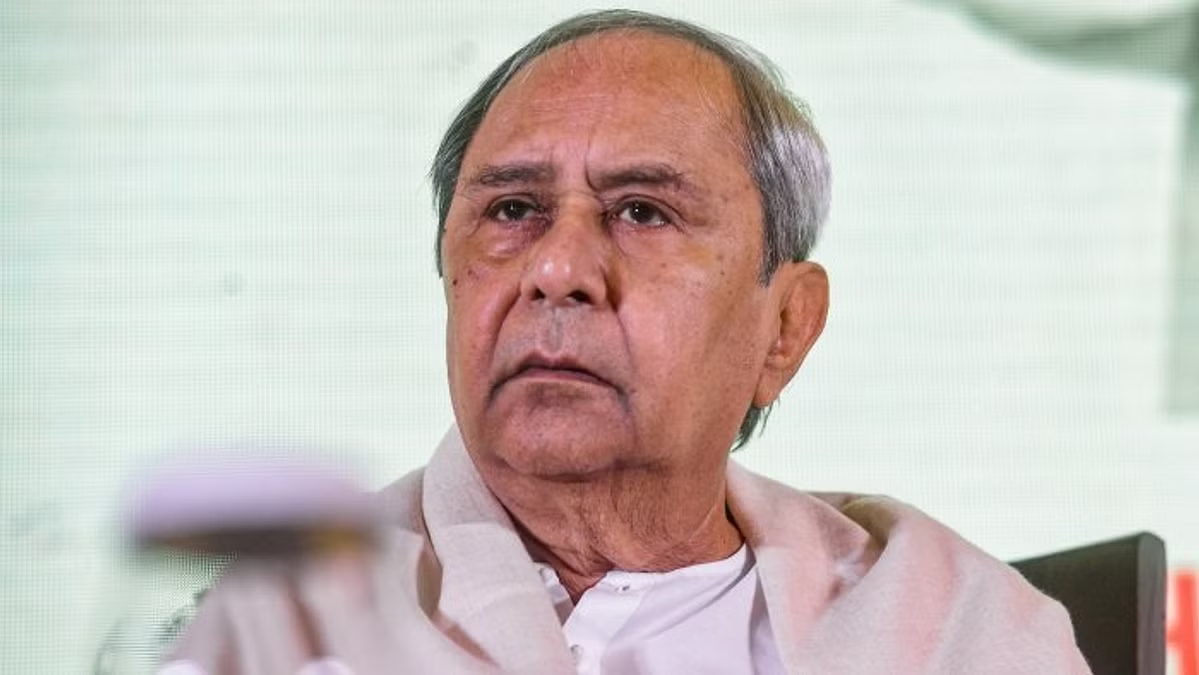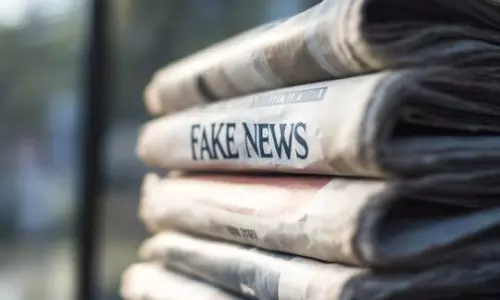
US lawmakers urge Google and Apple to remove TikTok amid upcoming ban deadline
text_fieldsWith the January 19 deadline looming for TikTok to comply with a US divestiture mandate, two influential lawmakers, including Indian-American Raja Krishnamoorthi, have called on Apple and Google to prepare to remove the app from their platforms.
The lawmakers, House Select Committee on the Chinese Communist Party (CCP) Chair John Moolenaar and Ranking Member Krishnamoorthi, emphasized the urgency in separate letters sent on Friday to Apple CEO Tim Cook, Google CEO Sundar Pichai, and TikTok CEO Shou Chew.
Under legislation signed by President Joe Biden in April, TikTok's China-based parent company ByteDance is required to divest its ownership of the app by January 19, 2025, or face a potential nationwide ban. The mandate aligns with the Protecting Americans from Foreign Adversary Controlled Applications Act, which prohibits the distribution, maintenance, or updating of apps deemed controlled by foreign adversaries.
In their correspondence with Cook and Pichai, the lawmakers urged the tech leaders to take steps to comply with the law by preparing to remove TikTok from their app stores if ByteDance fails to meet the divestiture deadline. They highlighted the legal requirement under US law that forbids providing access to such applications through mobile platforms.
In a separate letter to TikTok CEO Shou Chew, Moolenaar and Krishnamoorthi urged the company to "immediately execute a qualified divestiture" to avoid repercussions. They noted that TikTok has had ample time - 233 days since the bill's signing - to align its operations with the law and ensure compliance.
The lawmakers' actions come in the wake of a DC Circuit Court's unanimous ruling upholding the Protecting Americans from Foreign Adversary Controlled Applications Act. This decision reinforces the legislative framework underpinning the potential TikTok ban.
If TikTok does not meet the divestiture requirements, Apple and Google may be compelled to remove the app from their platforms in compliance with US law, marking a significant escalation in the United States' efforts to address national security concerns linked to foreign-controlled applications.






















